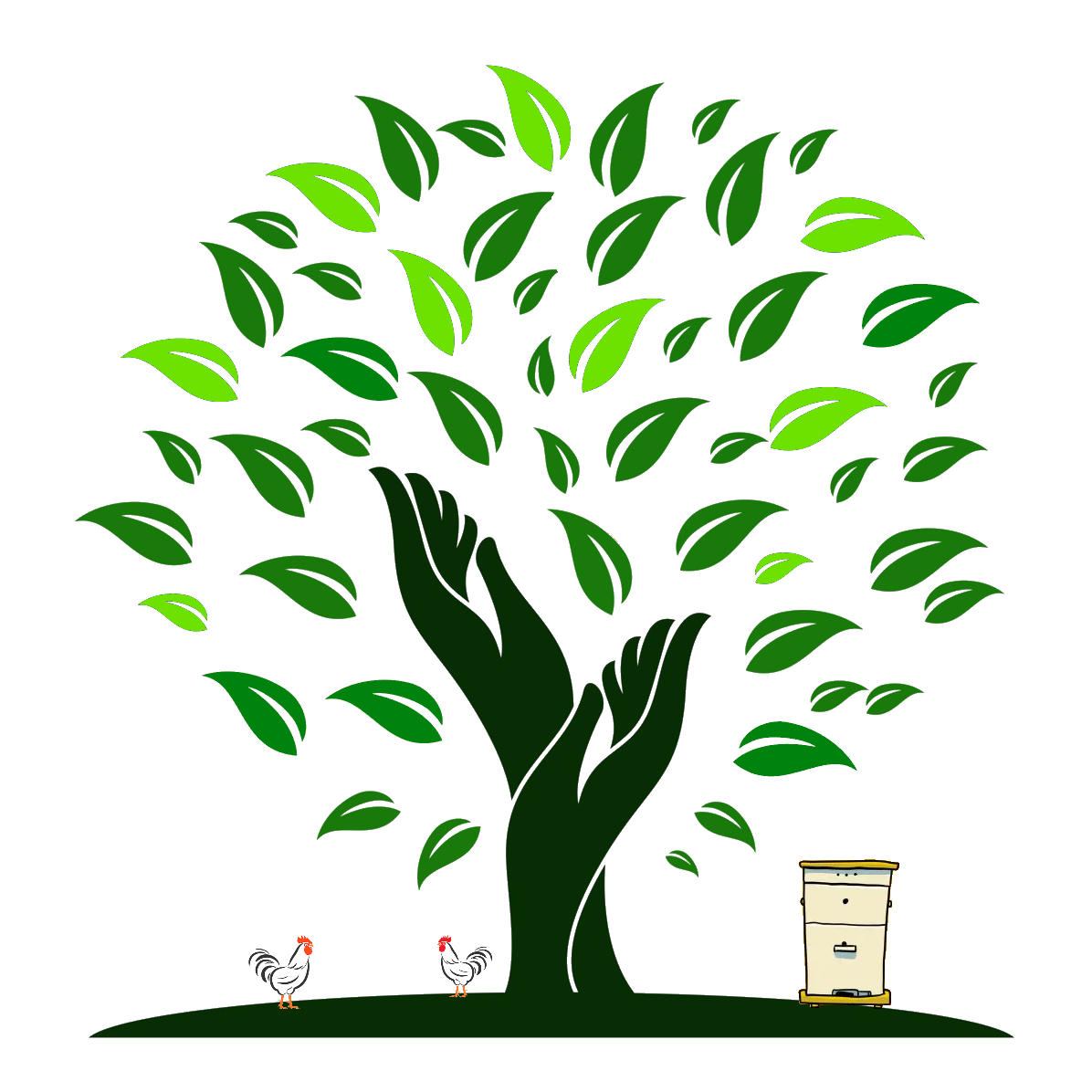Your cart is currently empty!
Stewardship of God’s Resources
•
A holistic approach to our resources and life
In a world where resources often feel limited, understanding stewardship is more important than ever. Stewardship, in the biblical sense, refers to the responsibility of managing and caring for what God has entrusted to us. This concept extends beyond just financial resources; it encompasses animals, plants, and the entirety of life. As stewards, we are called to honor God by using these resources wisely and compassionately.
The Foundation of Stewardship
At its core, stewardship acknowledges that everything belongs to God. Psalm 24:1 reminds us, “The earth is the Lord’s, and everything in it.” This perspective shifts our mindset from ownership to stewardship. We are caretakers, not just of our finances but also of creation itself. This understanding encourages us to make informed and ethical choices that reflect our values.
Financial Stewardship
Financial stewardship is perhaps the most recognized form of stewardship. Financial expert Dave Ramsey emphasizes the importance of managing money wisely, advocating for a budget that aligns with one’s values and goals. He often says, “You cannot overestimate the importance of financial stewardship.” By living within our means, saving for the future, and giving generously, we honor God with our financial resources.
Ramsey’s approach includes the principle of tithing—setting aside a portion of our income for God’s work. This practice fosters gratitude and reinforces our understanding that our resources are ultimately God’s. By giving, we support ministries and causes that reflect our faith and values.
Caring for Animals
Stewardship extends to the care of animals as well. In Genesis 1:26, God gives humanity the responsibility to “fill the earth and subdue it,” which includes caring for the creatures that inhabit it. This means treating animals with respect and kindness, whether they are pets or livestock.
Joel Salatin, a renowned farmer and advocate for sustainable agriculture, emphasizes the ethical treatment of animals in his work. He believes that animals should be treated as integral parts of a healthy ecosystem. Salatin practices regenerative farming, which not only prioritizes the well-being of animals but also enhances the land they inhabit. His methods encourage us to view animals as partners in creation rather than mere resources.
By implementing practices like rotational grazing, Salatin demonstrates how animals can contribute to soil health and biodiversity while being treated humanely. This approach reflects a stewardship mindset that honors God’s creation and promotes sustainability.
Nurturing Plants and the Environment
Our role as stewards also includes the environment. God’s creation is a precious resource that requires our attention and care. From maintaining a garden to supporting sustainable practices, our interactions with plants and nature reflect our respect for God’s handiwork.
Gardening can be a beautiful expression of stewardship, allowing us to appreciate the growth and abundance of creation. Additionally, supporting sustainable agriculture and conservation efforts helps protect our planet for future generations. As we care for the environment, we participate in the ongoing story of creation, recognizing the interconnectedness of all living things.
Embracing Life as a Gift
Lastly, stewardship encompasses the way we view and treat life itself. Every person, created in the image of God, deserves dignity and respect. Our responsibility as stewards involves advocating for those in need, protecting the vulnerable, and valuing human life in all its forms.
This perspective encourages us to engage with our communities and invest in relationships. Whether through volunteering, mentorship, or simply offering kindness, we contribute to the flourishing of those around us. Each act of love and service is a reflection of our stewardship of life.
Conclusion
Stewardship is a holistic calling that encompasses money, animals, plants, people and life. As we embrace our roles as caretakers, we can draw inspiration from the principles outlined by financial leaders like Dave Ramsey and sustainable agriculture advocates like Joel Salatin. By managing our resources wisely, caring for God’s creation, and valuing every life, we honor the Creator and reflect His love in our world. We then get to share the abundant grace that God has shown toward us, allowing that grace to overflow into the world around us.
In a time when many feel overwhelmed by challenges, let us remember that stewardship is not just about management; it’s about faithfulness, gratitude, and love. By committing to this sacred responsibility, we can contribute to a world that reflects God’s glory and care in every aspect of life.
